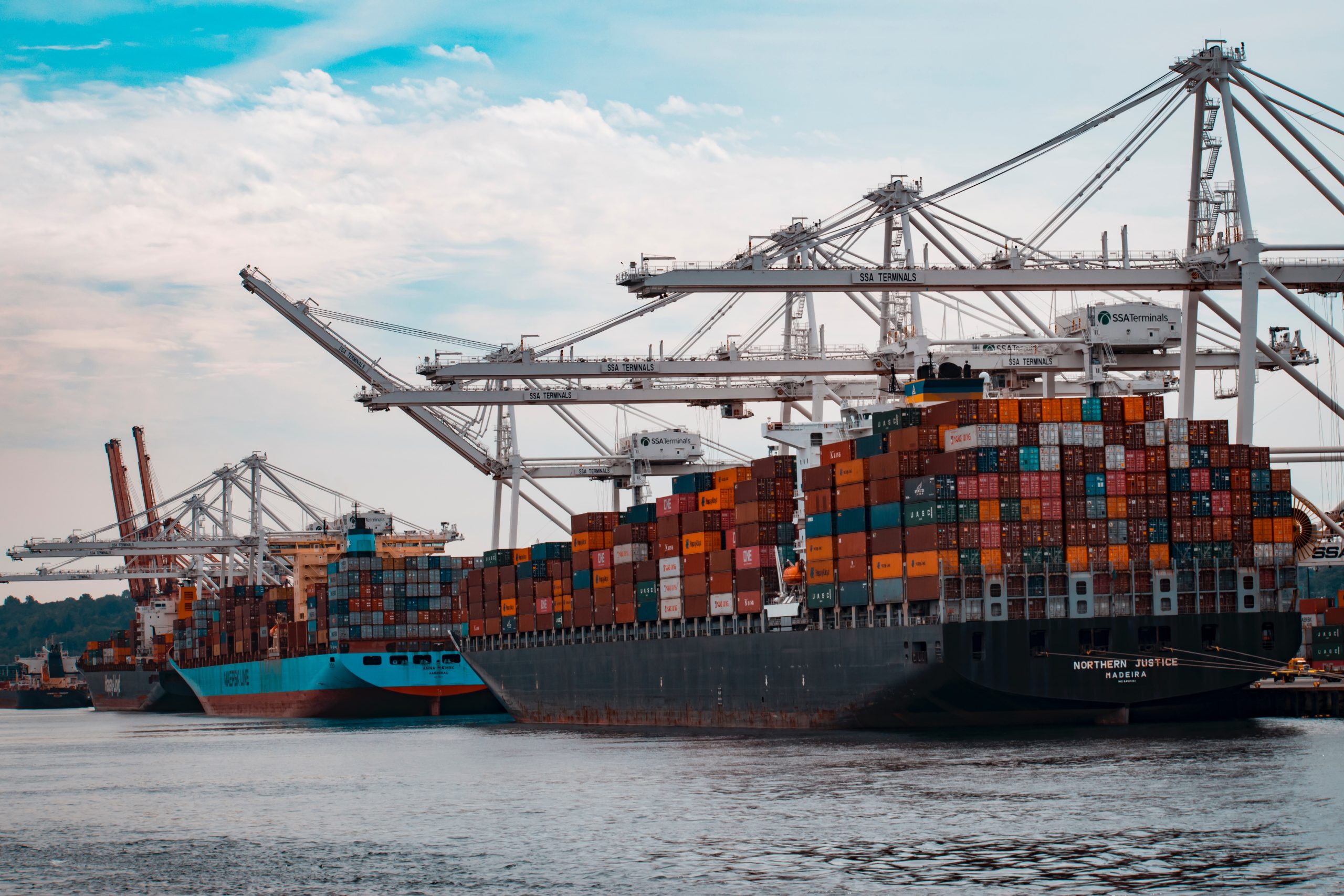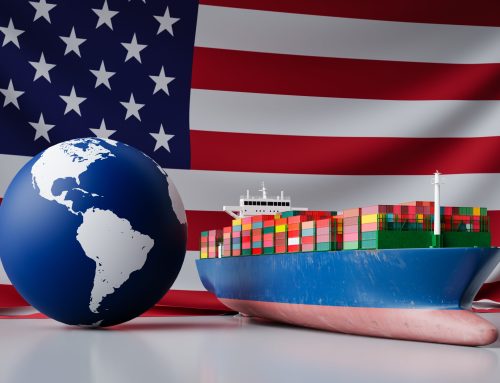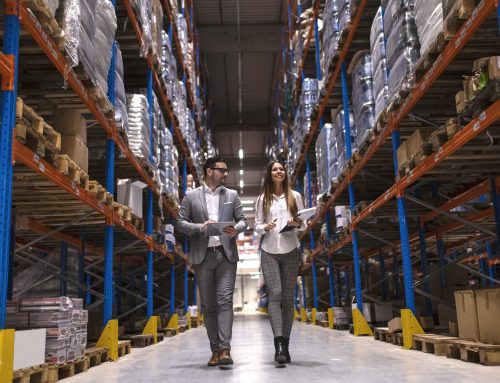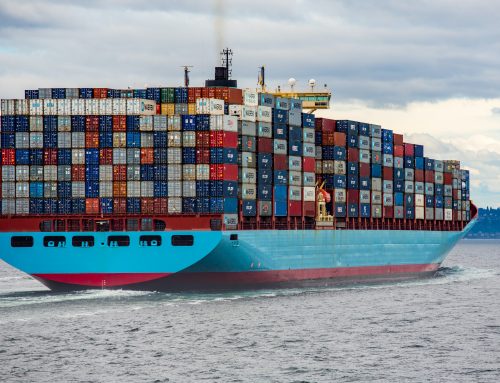U.S. Customs and Border Protection (CBP) is running a test to allow for the payment of certain commercial vessel taxes and fees with electronic methods, including credit cards. Payment can be made through the existing Mobile Collections & Receipts (MCR) system’s payment portal at eCBP or at the port of entry for any commercial vessel arriving at a maritime port of entry.
The test will begin no earlier than Jan. 16, 2024 and will continue for two years.
Participation in the test is voluntary, and CBP will continue to accept payments by cash or check at the ports of entry.
This test marks the start of Phase Two of the MCR Pilot. Phase One was announced in 2017, and allowed for certain commercial vessel taxes and fees to be paid electronically through the MCR system.
Specifically, the 2017 MCR Pilot permitted online payment and electronic receipts for the following taxes and fees:
- regular and special tonnage tax
- light money
- Consolidated Omnibus Budget Reconciliation Act (COBRA) user fees, including the prepayment of the annual COBRA fee
- Agriculture Quarantine and Inspection (AQI) Fees
- navigation fees
The 2017 MCR Pilot was limited to commercial vessels arriving at one of four designated ports of entry: Los Angeles-Long Beach, California; New Orleans, Louisiana; Gulfport, Mississippi; and Mobile, Alabama.
In Phase Two of the MCR test, CBP will test the feasibility of accepting electronic payment options for five categories of commercial vessel taxes, allowing vessel owners, operators, and agents to take full advantage of the MCR system.
According to CBP, using the MCR system will result in a reduction in the number of mistakes in the calculation of taxes and fees due because the MCR system can implement any changes to the fee calculations quickly and efficiently for all ports. Additionally, the MCR system eliminates the need for CBP employees to manually enter information into CBP’s systems or to perform other tasks necessary to maintain the security or inventory of the paper versions of CBP Forms 368 and 1002, which means they can spend less time on administrative tasks and more time focusing on higher priority mission support activities.
Like Phase One, payment through electronic methods will be voluntary and CBP will continue to accept cash or check payments consistent with current requirements and practice. The collection of payments under Phase Two will operate largely the same as in the initial 2017 MCR Pilot, except that Phase Two will allow for electronic payments for vessels arriving at any maritime port of entry (as opposed to the four ports of entry designated in the 2017 MCR Pilot) and will include online payments and using an EMV card reader at the port.
Comments concerning this notice and all aspects of the test may be submitted at any time during the test.
For more info, view the full Notice at the Federal Registry.
To stay informed on trade news and other important updates, stay connected with a customs broker.





